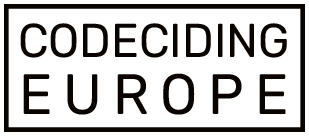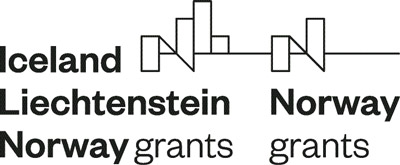
CODE Europe partners have launched “Crowdsourcing for Civil Society Organisations”, an innovative online course designed to equip you with the knowledge and skills needed to leverage the power of crowdsourcing for effective citizen involvement. This course is carefully curated to address various aspects of crowdsourcing, providing a holistic understanding of its application in citizen organisations, national contexts, EU-level initiatives, technological setups, and citizen engagement campaigns. It is based on the experience gathered during the implementation of the project Co-Deciding Europe: Civic Tech for Good Governance and Active Citizenship! (CODE Europe) implemented in 2021-2022.
Module 1: The Basics of Crowdsourcing In the first module, we delve into the fundamentals of crowdsourcing, exploring its definition, historical context, and the underlying principles that make it a powerful tool for citizen engagement. We compare crowdsourcing to the other tools for citizen participation on the EU level, and examine national examples from Iceland and Finland of the use of crowdsourcing in co-deciding with citizens.
Module 2: Use of crowdsourcing by citizen organisations: the example of CODE Europe and DigiDEM projects In this module, we shift our focus to the practice and lessons learned from the first transnational crowdsourcing exercise carried on the issue of air quality in ten countries across Europe and aimed at providing citizen input into decision making about air quality on the EU level. We examine the four phases of the crowdsourcing process, we analyse the valuation and impact of the crowdsourcing, and we provide recommendations for the crowdsourcing methodology for citizen organisations interested in setting up their own crowdsourcing processes.
Module 3: IT solutions for gathering the wisdom of the crowd This module provides a comprehensive overview of the technological infrastructure required to establish and maintain digital crowdsourcing platforms. Participants will gain insights into platform design, functionality, and security considerations. Practical guidance will be offered on selecting suitable technologies, integrating user-friendly interfaces, and ensuring scalability to accommodate growing participation.
Module 4: Communicating and engaging citizens in crowdsourcing The success of crowdsourcing initiatives heavily depends on citizen participation. In this module, participants will explore the art of crafting compelling communication strategies to mobilise and engage citizens. Topics include message framing, storytelling, and leveraging various communication channels to reach diverse audiences.
The course is open for enrolment and is free of charge. Registration is required. Enrol here and enjoy!


